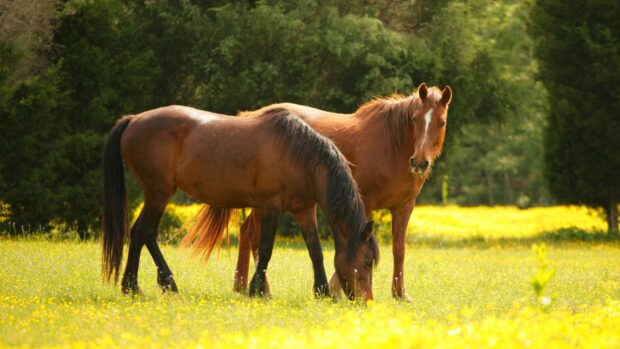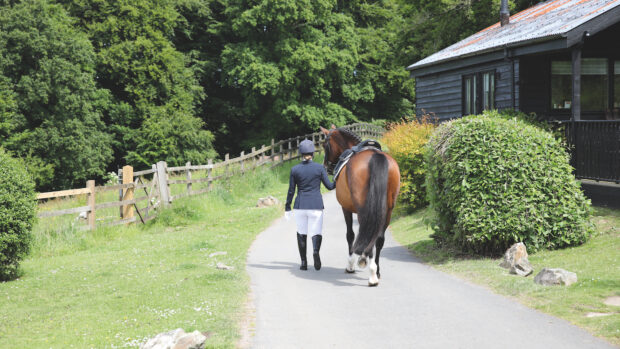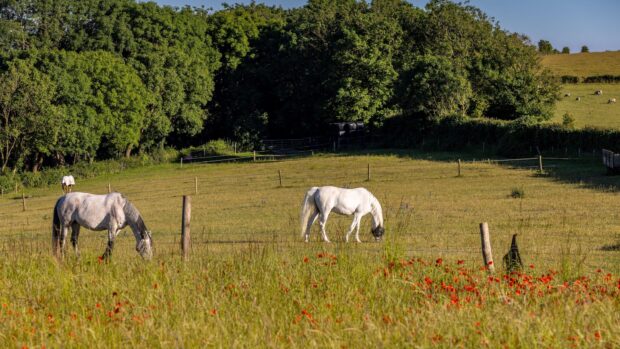The Government today unveiled its draft Animal Welfare Bill, the most “comprehensive modernisation of laws on domestic and captive animals” since 1911.
The legislation relates to both farm and domestic animals, and defines precisely what constitutes cruelty in modern terms, having done away with such concepts as “over-driving” an animal.
One of the aims of the draft legislation, says Defra, is to prevent rather than simply deal with infringements of animal welfare: up until now, the law has required evidence to prove that an animal has suffered physically before action can be taken.
Duty of Care
The draft Bill also makes allowance for a “duty of care” offence, meaning that an animal owner or keeper is responsible for ensuring that amongst other things, an animal:
- is in a suitable environment
- has adequate food and water
- is allowed to exhibit normal behaviour
Livery Yards
The draft Bill also proposes the licencing of livery yards, because of “an apparent anomaly that riding establishments and animal boarding establishments (dogs and cats) are regulated, but livery yards are not”.
Concerns have intensified with the increase in livery yards to satisfy the demand for an increase in horse ownership. Although a scheme exists at present whereby yards can be “licensed” to the BHS, only 10% of existing livery yards participate in this scheme.
However, it is thought that the BHS scheme would form the basis of the Government’s licensing plans. The licence fee would be in the region of £165, although establishments would also be expected to achieve minimum welfare standards before being granted a licence.
BHS spokeswoman Christine Doran is all for the new proposals: “I would say that a licensing scheme would be very well received both by livery yards and by potential clients.
“Since the government ahs encouraged diversification, so many little yards have cropped up, and nobody knows how many there are in the UK, but there are certainly enough to mean that we do need some sort of regulation.
“There will be extra costs involved, but at the moment, it is very hard to say what the impact will be on livery establishments,” she added.
Horse rescue charities
Animal sanctuaries have also come under scrutiny in the draft Bill, and face the prospect of either being licensed (in the case of registered charities) or being registered (smaller establishments).
The financial implications for many set-ups, which are often non-profit making charities, and rely on the generous contributions of donors, are considerable, with additional costs to meet minimum welfare standards expected or sanctuaries could face closure.
While national set-ups operate on a large enough scale to swallow up any additional costs, smaller operations which work locally are likely to find any extra outgoings a serious burden.
Paul Jepson, Chief Executive of the Home of Rest for Horses, explains: “It is a two-edged sword. The added costs could be a real burden for some set-ups, but on balance it would be a good thing to licence animal sanctuaries. There are several which are not run in a satisfactory way.”
Slugs
Intense speculation has led many to believe that new laws could mean they were liable if they stepped on a garden slug or deliberately protected their lettuces, but a Defra spokesman stressed that this is not the case, yet:
”The draft Bill only talks about vertebrates in the care of man, so you can go on salting slugs if you wish. However, laws may be extended at some time in the near future to particular types of animal if there is increasing evidence that they feel pain.”



